The 1st International Conference on Concrete and Circular Economy (CCE2025)
10-13 April 2025
Hammamet, Tunisia
Supported By fib &
RILEM
Special thanks to our Sponsors


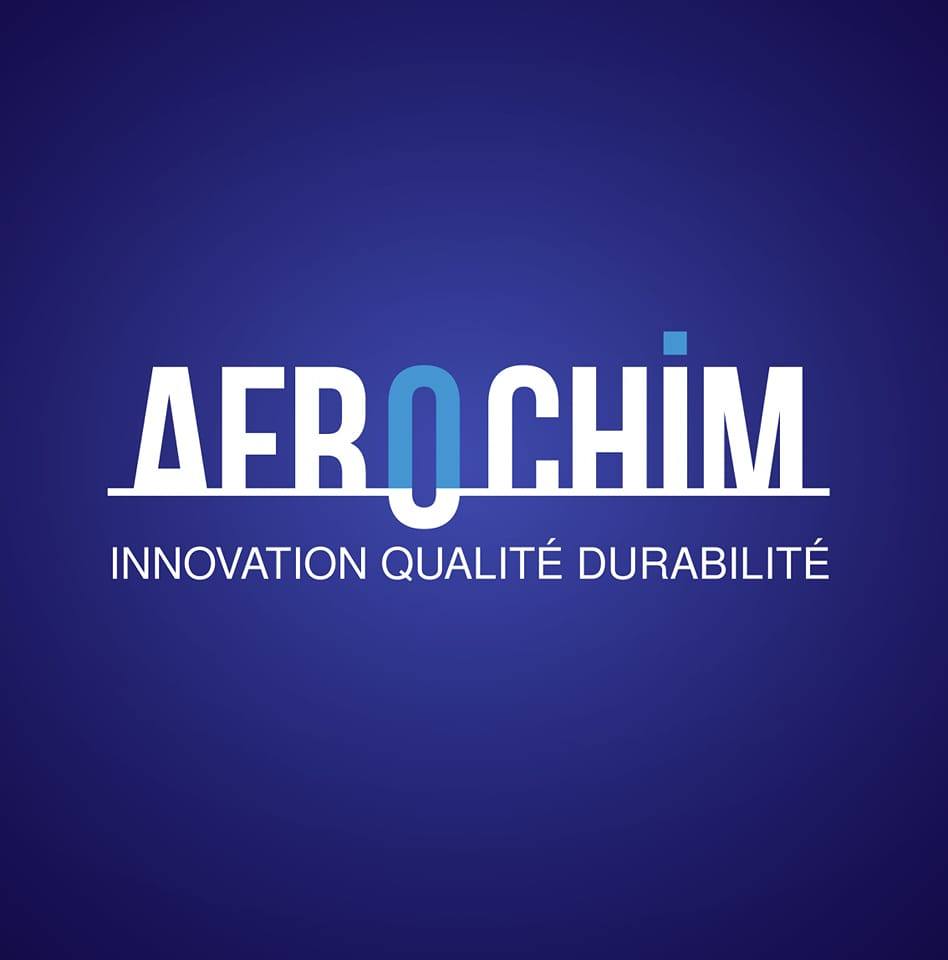

About CCE2025
The international conference of Concrete and Circular Economy (CCE) is scheduled in terms of natural resources sustainable management and environment preservation as the world is leading a massive transition to circular economy by reusing/valorising the millions of tons of concrete wastes resulting from the buildings and infrastructure demolition and precast concrete industry.
CCE2025 is a great occasion to civil engineering researchers and industrials to share their findings in the field of waste valorization within concrete manufacturing.
As part of this congress, several topics will be discussed and a promising four days’ technical program is expected based on keynote lectures delivered by high selected speakers and including oral sessions and poster participations.
Perspective authors are invited to upload abstracts, then, once accepted, full papers using exclusively the CCE2025 Electronic Submission Portal below.
Supported by:
- The International Federation for Structural Concrete (fib ) 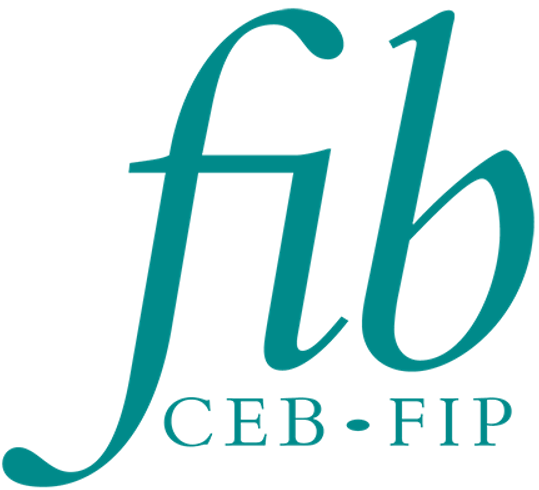
- International Union of Laboratories and Experts in Construction Materials, Systems and Structures (RILEM) 
Organizers:
The 1st edition of the conference will be hosted in TUNISIA by :
- Geomaterials, Structures and Environment Laboratory (GESTE) at National School of Engineering of Sfax (ENIS) 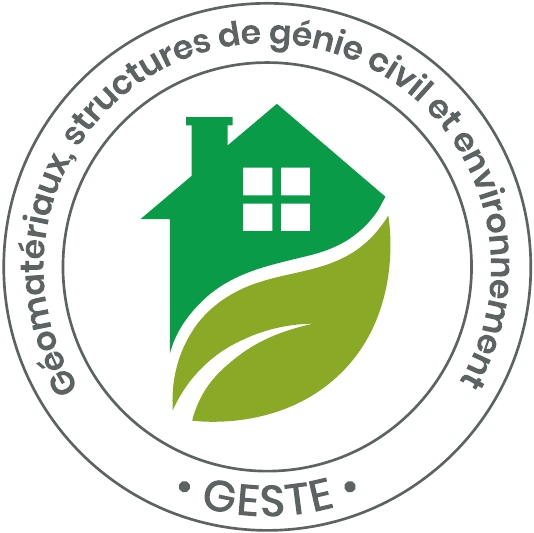
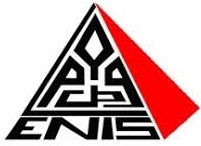
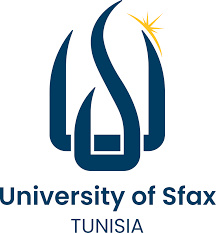
- Budapest University of Technology and Economics (BME) 
- Tunisian Concrete Association (ASTUB) 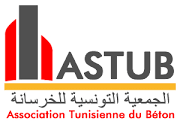
Partners:
- The civil engineering laboratory (LGC) of the National School of Engineering of Tunis (ENIT)
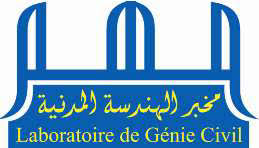
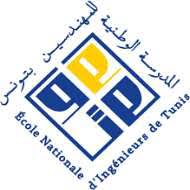
- Higher Institute of Technological Studies of Sfax (ISET)


Call for papers
You are invited to upload full papers using the CCE2025 Electronic Submission Portal below.
Regular papers should be prepared with this
template of no less than 6 pages including results, figures and references.
Your submission should contain sufficient details to allow for critical review. All submissions will be evaluated by at least two reviewers.
Papers are solicited in, but not limited to, the following topics:
- Valorization of demolition waste
- Design with natural fibre composites
- Recycling of used materials
- Decarbonation of concrete industry
- Valorization of industrial by-products
- Eco-design and eco-construction
- Digitalization- 3D concrete printing
- Life cycle assessment
- Eco-friendly binders with low CO2-emission
Call for papers
Keynotes
KEYNOTES:
CCE 2025 keynotes include:
-
Novel Approaches Towards the Sustainable Management of Concrete Civil Infrastructures
-
Sustainable and Resilient Built Environment in a Changing World - Challenge for Concrete Structures
-
Valorization of natural resources and industrial by products in ecological hydraulic binders
Keynote Speaker1
Novel Approaches Towards the Sustainable Management of Concrete Civil Infrastructures
Abstract
The scope of this lecture is to indicate novel approaches and provide some examples on how sustainability should be included on the operation and management of concrete civil infrastructures, namely when concerning building materials and building construction. Concepts as resilience based management, towards increasing the preparedness and adaptability of the built environment to an hazard (or multi-hazard scenario), in face of climate change, will be duly provided. Also, their connection with quality control and life cycle approaches will be provided, with a focus on concrete structures. All these applications are supported by simple examples, some of them from previous and running R&D projects, and some good practices are indicated within the lecture.
Qualifications of the speaker
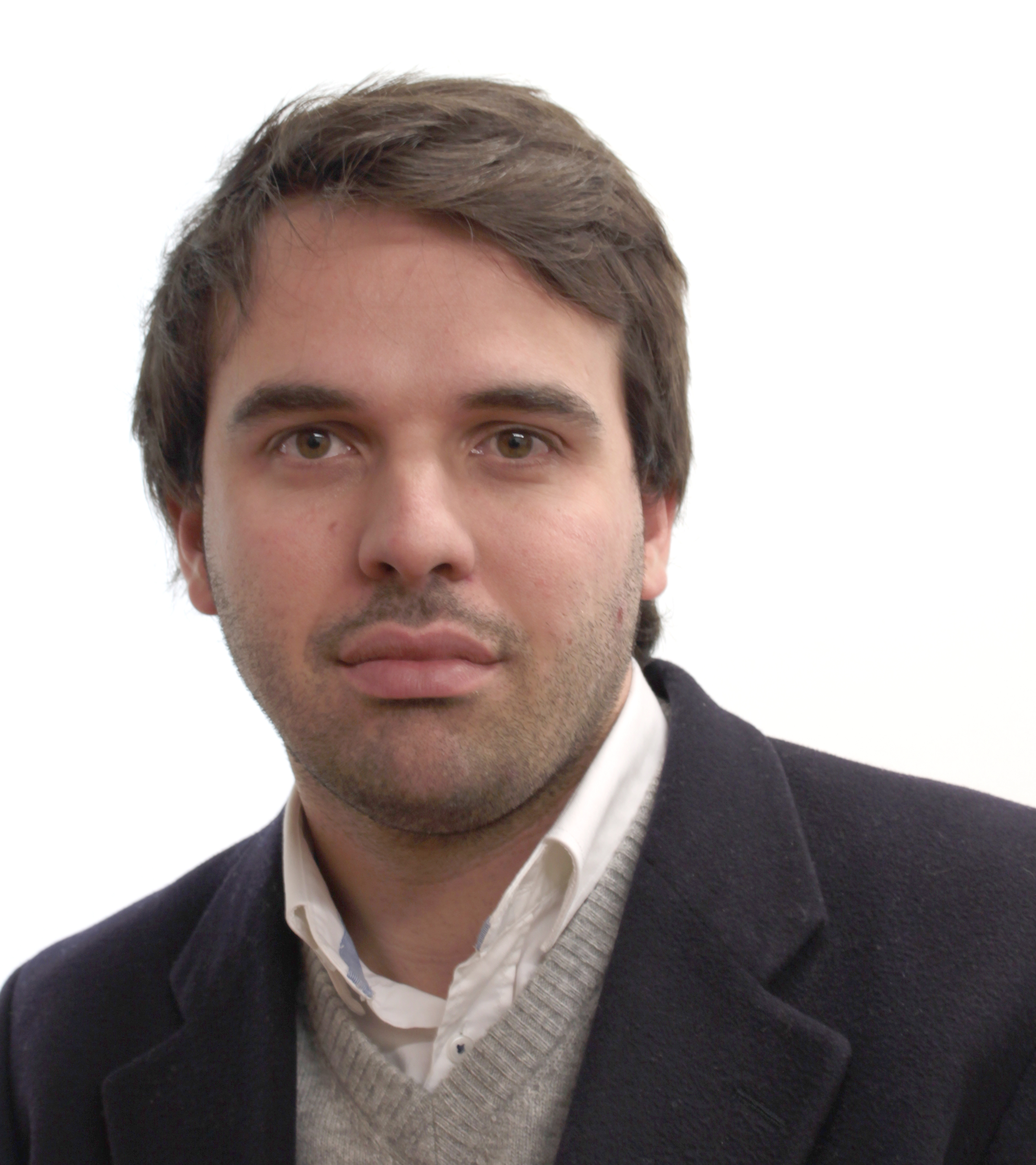 |
Dr. Jose C. Matos Assistant Professor at Department of Civil Engineering of the School of Engineering of University of Minho. Since 2007, he has been teaching, supervising master's and doctoral theses at UMinho. Member of ISISE- Institute of Sustainability and Innovation in Structural Engineering. Graduated in civil engineering in 2002, he obtained a master's degree in civil engineering structures in 2008 and a PhD in civil engineering in 2013, in the area of probabilistic safety assessment of existing structures. Research fields are asset management systems, life cycle costs (LCC), safety assessment, risk assessment and sustainability. |
Author or co-author of more than 250 publications in international conferences and journals. He participates in several international committees, coordinating several international working groups. It also coordinates research projects such as SIRMA - Strengthening Infrastructure Risk Management in the Atlantic Area (Interreg), InfraCrit - Development of a Management System for Critical Infrastructures (Portugal 2020), SustIMS - Sustainable Infrastructure Management System (Portugal 2020) , SAFEWAY - GIS_Based Infrastructure Management System for Optimization of Response to Extreme Events in Land Transport Networks (Horizon 2020), Action COST TU 1406 - Quality specifications for road bridges, European-wide standardization (BridgeSpec), among others. Past-President of the European Association on Quality Control of Bridges and Structures (EuroStruct), VicePresident of the International Association for Bridge and Structural Engineering (IABSE) and Chairman of Commission 8 of fib - federation internationale du beton.
Keynote Speaker2
Sustainable and Resilient Built Environment in a Changing World - Challenge for Concrete Structures
Abstract
Recent developments and changes in the natural and socio-economic environment require new technical solutions for the construction of new buildings and the modernisation of existing ones. Buildings, infrastructure and the entire built environment should be better prepared for new conditions – they should be sustainable, resilient and adaptable to new situations.
Concrete is the second most widely used material in the world after water. This raises the need to save resources for new concrete and to recycle old concrete structures within the framework of circular principles.
Concrete and new advanced types of silicate composites, including the use of recycled components, are gradually becoming building materials with a high potential for new technical solutions that lead to the necessary reduction of environmental impact and subsequent social and economic improvement.
The lecture will present the implementation of the sustainability and resilience approach to the development and design of concrete structures using the principles specified in the new fib ModelCode 2020 (MC2020). This new ModelCode not only addresses traditional requirements for safety and serviceability, but embraces sustainability, which is becoming a paramount core requirement responding to broader issues such as social responsibility, environmental quality and economic efficiency.
Some examples of research results and examples of specific structures contributing to a sustainable and resilient environment will also be presented.
Qualifications of the speaker
 |
Pr. Petr Hájek is Professor of Civil Engineering at the Czech Technical University in Prague, former Head of Department of Architectural Engineering at Faculty of Civil Engineering and senior researcher of Composite Structures Laboratory at University Centre for Energy Efficient Buildings. He is an expert in sustainable concrete structures, sustainable construction of buildings, complex assessment and rating of building performance quality, LCA, optimization of concrete structures and use of recycled materials. |
P. Hajek is a member of General Assembly of fib (International Federation for Structural Concrete), past chairman of fib Commission 7 – Sustainable Concrete and convener of TG 7.1. Sustainable Concrete – general framework. Until 2014, he was the Vice-Chairman of the fib C3 – Environmental Aspects of Design and Construction of Concrete Structures commission. Since 2005 he has been a member of the board of the international organization iiSBE (International Initiative for Sustainable Built Environment). In 2020, he was awarded the fib Medal of Merit for his many years of work in the international organization fib. P. Hájek is the Chairman of the Editorial Board of the journal Beton TKS.
P. Hájek is an author and co-author of more than 200 research-based publications, 3 patents, 12 design and utility models, 5 books and 5 text books. WoS: 34 research papers, h-index 17, 769 citations, RG: 158 research items, h-index 19, 1312 citations.
Keynote Speaker3
Valorization of natural resources and industrial by products in ecological hydraulic binders
Abstract
With the increasing of cement production, the depletion of natural resources, energy consumption and greenhouse gas emissions related to its manufacturing are becoming worrisome. Indeed, cement production is responsible for approximately 5 to 8% of the total CO2 emitted, associated with global warming. It is therefore imperative to develop low-carbon cements that are less energy consuming, while promoting recycling and using certain industrial wastes and by-products as raw materials in this sector.
In this context, we are working on families of cements, called low carbon by substituting part of the clinker, prepared by a heat treatment at 1450 °C, with clays or by-products (blast furnace slag, sand washing waste, dam sediments, etc.) calcined at moderate temperatures (< 900 °C). Depending on their nature, the latters are likely to present hydraulic reactivity (called pozzolanicity). Another way of valorizing these by-products is to incorporate them as raw material for clinker manufacture.
Furthermore, we are intersted by the synthesis and characterization of a new family of ecological materials called geopolymers by acid or basic activation of aluminosilicate materials, mainly local clays.
Qualifications of the speaker
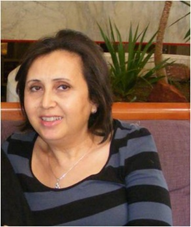 |
Pr. Basma SAMET Professor Basma SAMET received her Engineer diploma in Material Science from National School Engineers of Sfax. She completed her doctoral thesis in the field of civil engineering materials at the University of Sherbrooke, Canada. Alongside her role as assistant professor at the Tunisian university, she joined the Laboratory of Chemical Industry (currently Laboratory of Advanced Materials) from the University of Sfax and received her diploma “Habilitation à Diriger des Recherches”. |
Being aware of the environmental impact of Portland cement manufacturing, the main research field of Pr. Samet is the valorization of natural and industrial by products to produce ecological hydraulic binders and geopolymers. In addition, she has good skills in optimization by experimental designs.
Pr. Basma founded the Tunisian Ceramic Association, of which she became president in March 2023. In july 2023, she managed to associate the Tunisian Ceramic Association to The European Ceramic Society.
Keynote Speaker4
Valorization of agro-wastes in cementitious composites
Abstract
The construction industry has a high environmental footprint and the world objective of reaching Greenhouse gases (GHG) net zero by 2050, in order to keep a limit of 1.5 °C temperature rise, could not be realized if the construction industry is not decarbonized through the development of sustainable low carbon materials. The reuse of waste from construction and demolition as well as waste from other industries in the fabrication of environment friendly building materials could help reducing the negative impact of the construction industry. In this paper, the valorization of local agrowaste available in North Africa in combination with local supplementary cementitious materials (SCM) such as slag and natural pozzolan is discussed. The use of cork as aggregate in cementitious composites for insulation purposes and the use of natural fibers such as alpha and date palm fibers in cementitious repair mortar to reduce shrinkage and cracking are presented.
Qualifications of the speaker
 |
Pr. Said KENAI is currently a professor of concrete technology and building materials at the civil engineering department, University Saâd Dahleb-Blida1, Algeria. He obtained his PhD from the University of Leeds (UK) in 1988. He is the chairman of the Algerian Concrete Society (ALCOS 2020-now). |
Pr.Said KENAI is member of the American Concrete Institute (ACI), a founding member of the African Materials Research Society (MRS-Africa). He is currently the chairman of RILEM-TC on agro-waste in cementitious materials (2018-2024) and the RILEM new convenor for MENA region (2024-). He has completed the supervision of more than 30 PhD thesis.
He published over 150 international journal and international conferences papers and co-authored seven book chapters (h-index =34 with 5080 citations). His main research interests include concrete durability, cement replacement materials, reuse of waste, agro-waste, earth constructions, self-compacting concrete and repair and strengthening of structures.
Keynote Speaker5
Abstract
To reduce cement clinker and to make efficient use of binder in concrete, currently, typically industrial residues and petrochemical products are used. However, both supplementary cementitious materials and organic chemical admixtures could often be more sustainably replaced by unused bio-based agricultural, aquacultural and recyclable by-products. This is of particular interest for countries in the Global South and Africa due to the huge agricultural growth potential, which can create enormous circularity and more equitable livelihood potentials for the local population.
However, compared to industrial residues bio-based resources are more widely dispersed in many small deposits and are subject to seasonal fluctuations. Therefore, to achieve the same performance as established industrial products, many small heterogeneous material streams must be bundled into only a few homogeneous supply streams large enough to be attractive for the construction industry. This requires ecosystems from the source through processing to the final product that involve all players, good communication, and digitised optimisation tools.
The presentation outlines on the huge potential for low-carbon construction in Africa, which can help the continent to leapfrog existing technologies and move rapidly towards green, innovative, and circular construction technologies. It then discusses existing implementation challenges and opportunities for innovation. Processes for the holistic and circular conversion of bio-based and renewable resources into a variety of high-performance concrete constituents will be presented, as well as initial research results from the Circular B-I/O project, which aims to build a pilot low-carbon materials processing plant and use artificial intelligence tools to optimize supply and value streams, as well as mineral oxides for multinary cementitious systems.
The construction industry has a high environmental footprint and the world objective of reaching Greenhouse gases (GHG) net zero by 2050, in order to keep a limit of 1.5 °C temperature rise, could not be realized if the construction industry is not decarbonized through the development of sustainable low carbon materials. The reuse of waste from construction and demolition as well as waste from other industries in the fabrication of environment friendly building materials could help reducing the negative impact of the construction industry. In this paper, the valorization of local agrowaste available in North Africa in combination with local supplementary cementitious materials (SCM) such as slag and natural pozzolan is discussed. The use of cork as aggregate in cementitious composites for insulation purposes and the use of natural fibers such as alpha and date palm fibers in cementitious repair mortar to reduce shrinkage and cracking are presented.
Qualifications of the speaker
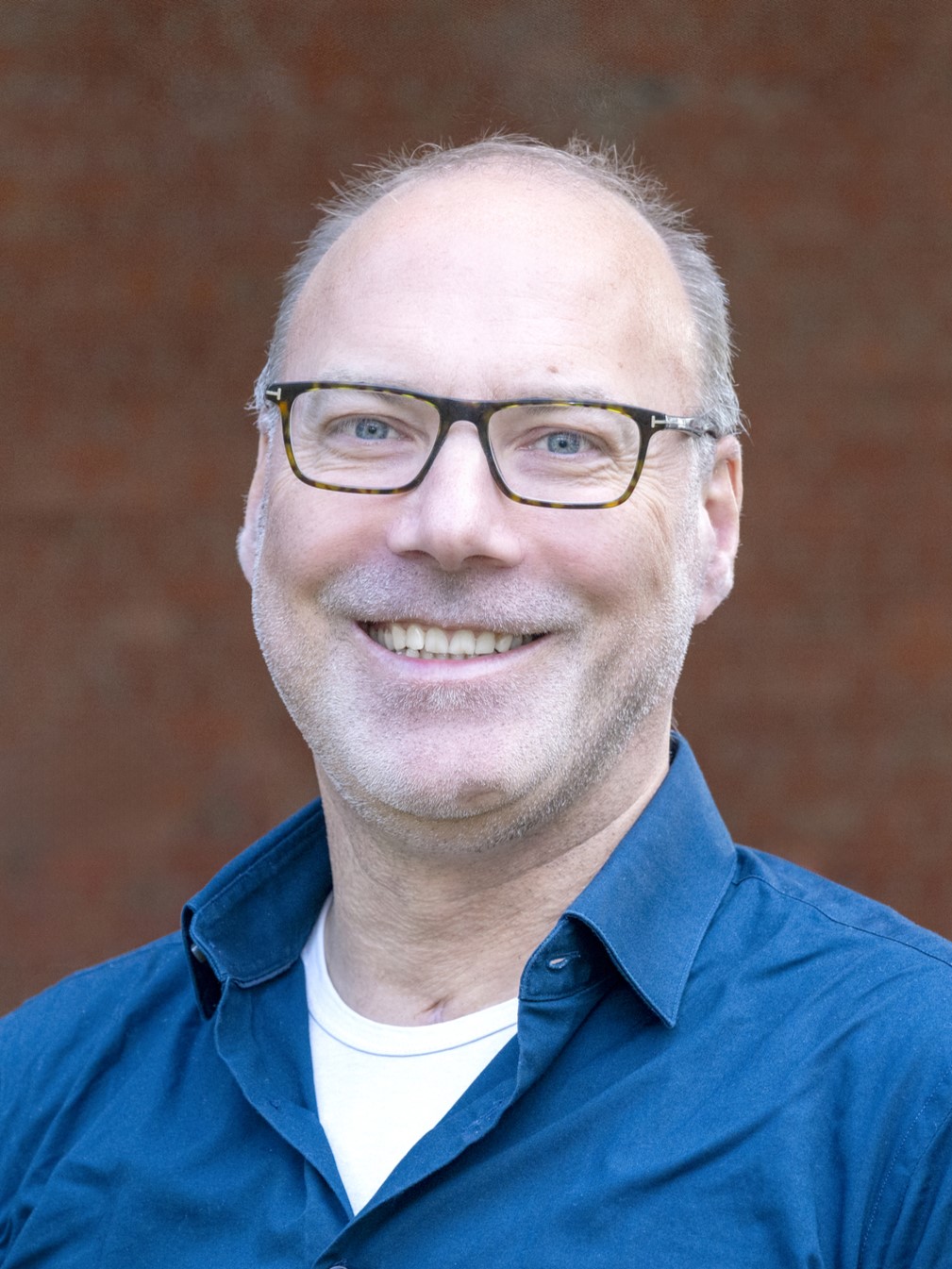 |
Pr. Wolfram Schmidt works in the Department “Safety of Structures” at the Bundesanstalt für Materialforschung und -prüfung (BAM), responsible for the rheology and admixtures laboratory with a research focus on particle-polymer-fluid interactions and innovative organic and mineral cement and concrete constituents. Furthermore, he is Secretary of the German Rheological Society, and Chairman of the Development Advisory Committee of RILEM, where before he was the Convenor for the sub-Saharan African region. He is founder of the Pan-African cement round robin (PACE-PTS) and initiator of the conference series “Advances in Cement and Concrete Technology in Africa” (ACCTA) and ISEE-Africa (Innovation, Science, Engineering, Education). With his colleague Kolawole Olonade (UNILAG) he received the German-African Innovation Incentive Award GAIIA for developing cementitious binders and chemical admixtures from wastes of cassava production. |
Many of his research and educational projects such as KEYS, INFRACOST, Local-Care, and Circular B-I/O are focused on the potentials for more sustainable, circular urban construction technologies using local, environmentally friendly resources in Africa. In this context, he has recently initiated the Female Academic Leadership Network for Conscious Engineering and Science towards Sustainable Urbanisation (FALCONESS). He is also involved in a variety of activities related to sustainable construction, the most relevant of which is the GLOBE Global Consensus on Sustainability in the Built Environment.
Organizing Committee
General and scientific co-Chairs
Atef Daoud, TN
György L. Balázs , HU
Tech. Prog. Co-Chairs
Imen Kallel , TN
Souhir Ellouze, TN
Hajer Maazoun, TN
Salem G. Nehme, HU
Publicity Co-Chairs
Mohamed Hadj Taieb , TN
Moahemd Fourati, TN
Dorra Ellouze, TN
Oliver Fenyvesi, HU
Publication Co-Chairs
Moncef Makni , TN
Abdessalem Belhassen, TN
Rim Louati, TN
Ali Sdiri, TN
Katalin Kopecsko , HU
Finance Co-Chairs
Karim Miled , TN
Omar Mezghani, TN
Local Arrangement Co-Chairs
Jihen Mallek , TN
Moez Trabelsi, TN
Cyrine Sghaier, TN
Naima Guediche Aloui, TN
Ahlem Sdiri, TN
Hajer Makni, TN
Scientific Committee
Abdeljebbar Diouri, MA
Ahmed Jlidi, TN
Ahmed Loukili, FR
Alessandro Fantilli, IT
Ali Sdiri, TN
Amara Loulizi, TN
Amor Ben Fraj, FR
Basma Samet, TN
Chafika Djelal Dantek, FR
George Wardeh, FR
Giovanni Metelli, IT
Hakim S. Abdelgader, LY
Hélène Carré, FR
Jamel Khatib, UK
Jean Michel Torrenti, FR
Jose Campos e Matos , PRT
José Fernando Martirena Hernández , CUB
Karen Scrivener, CH
Karim Miled, TN
Katalin Kopecsko, HU
Marc Otieno, ZA
Marc Quiertant, FR
Mohamed Abed, USA
Mohamed Chtioui, LY
Moncef Makni, TN
Moncef Zairi, TN
Moncef Zairi, TN
Nadia Belas, DZ
Othman Omikrine-Metalssi, FR
Oliver Fenyvesi, HU
Oualid Limam, TN
Petr Hájek, CZ
Rita Nemes, HU
Salem G. Nehme, HU
Said Kenai, DZ
Sofiane Amziane, FR
Stefano Dal Pont, FR
Wolfram Schmidt, DE
Zsuzsa Szalay, HU
Important Dates
Abstract Submission
June 30, 2024 July 15, 2024 (extended)
Abstract Notification
July 15, 2024 July 31, 2024 (extended)
Full Paper Submission
October 15, 2024 November 15, 2024 (extended)
Notification of Acceptance
January 31, 2025
Camera Ready Submission
Fabruary 15, 2025
Submission
The proceeding will be published by RILEM Bookseries with Springer

We are pleased to announce that authors of the best paper has the possibility to submit a paper to : RILEM Technical Letters
In the first time authors are invited to send their abstract with this Abstract_template
We invite authors to submit their communications according to the template below. The number of pages should be at least 6 pages
Word Template : Word
Latex Template : Latex
The abstract and the full papers should be submitted in PDF format through the online submission system
CMT Conference Management Service
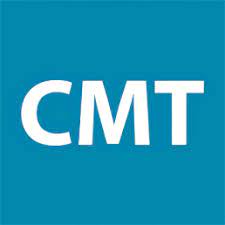
Registration
Registration rules
All the CCE2025 conference authors have to register and pay the applicable fee for a paper and complete and signe this copyright form to be published in the conference proceeding.
Please note that every paper must be registered at Regular rate to get it published.
One registration does not excced two papers in any way.
The paper registration will be considered once all fees have been paid.
The accepted but not presented manuscripts will not be included in the conference proceedings.
The deadlines for registration in CCE 2025 are as follows:
- Early Registration deadline is due by March 15 2025
- Late Registration deadline is due by March 31 2025
Please note that additional fees will be added in the case of late registration.
Instructions for registration and fees
Registration fees and Bank details for wire transfer are specified in this file: registration fees
Fill in this
online form to finalise your registration
before proceeding with registration form you must prepare a scanned copy of proof of payment fees and a copy of the main page of your passport
For more information, please feel free to contact cce.geste@gmail.com.
Travel and Accommodation
Visa Information
Visa Policy information
https://www.diplomatie.gov.tn/diplomatic-corps
Accommodation
The CCE2025 will be held at the Magic Life AFRICANA hotel ★★★★★
in the city of Hammamet.
|
|
AFRICANA is a 5 star hotel in Hammamet.
It sets in an ideal location, just a short drive away from Nfidha airport.
Hotel Contact:
Phone: +216 72 244 200
Adress: Club Africana
Villa De Charme 8050 Hammamet Yasemine
Hammamet Tunisia
Airport
The main airports to join Hammamet are:
Tunis Carthage International Airport

Enfidha Hammamat International Airport

Shuttle service
Shuttle service is available for foreign participants.
To register for shuttle service, fill in this
form
.
Details are specified in the form.
For more information, please feel free to contact cce.geste@gmail.com.
Contact With us
GESTE laboratory, ENIS, SFAX, Tunisia
E-mail: (cce.geste@gmail.com)


